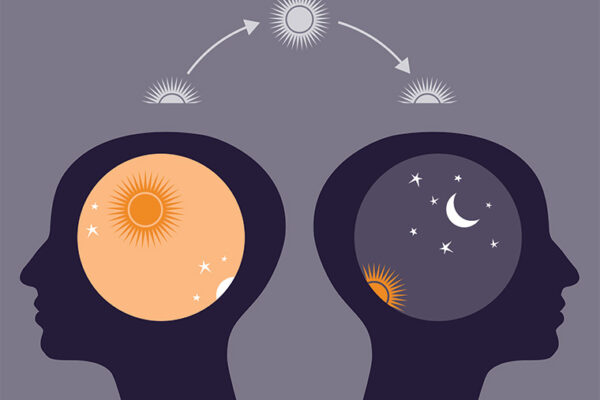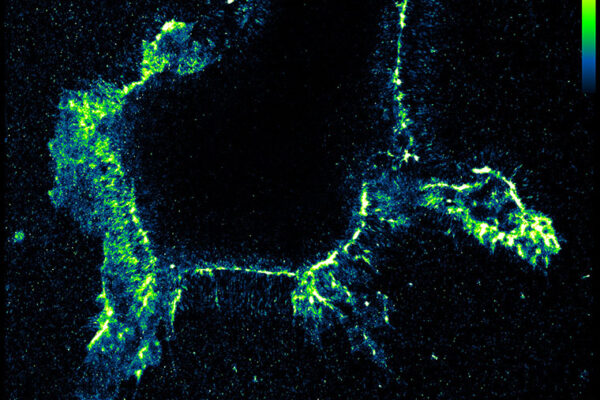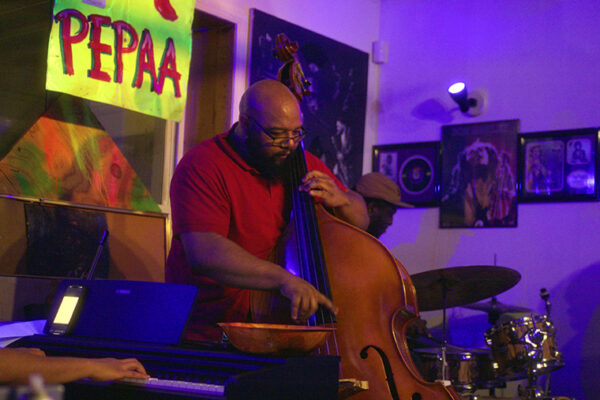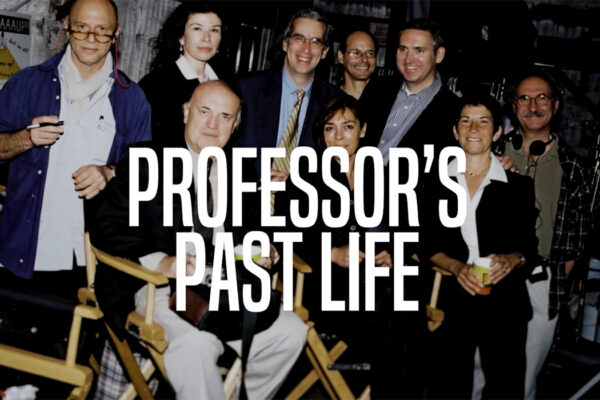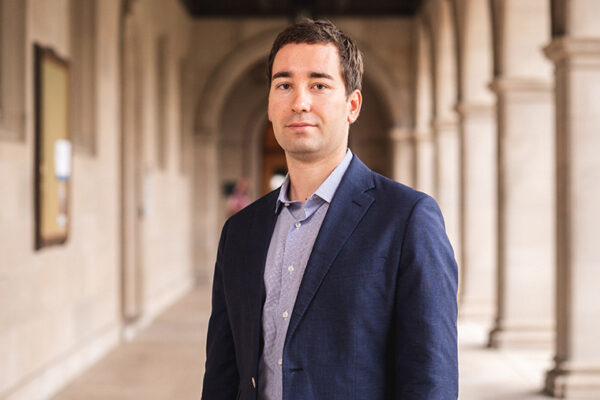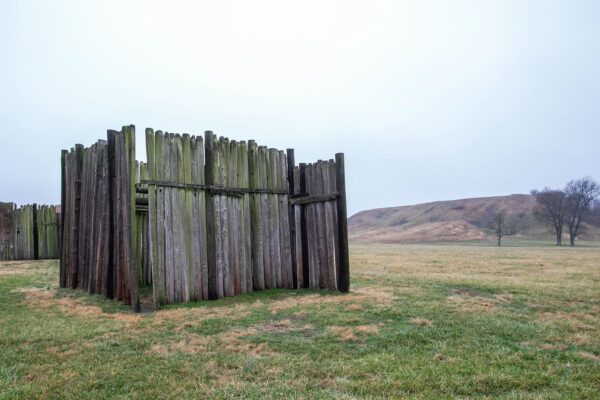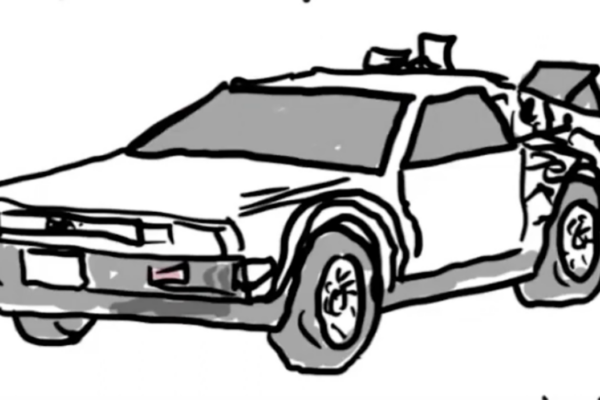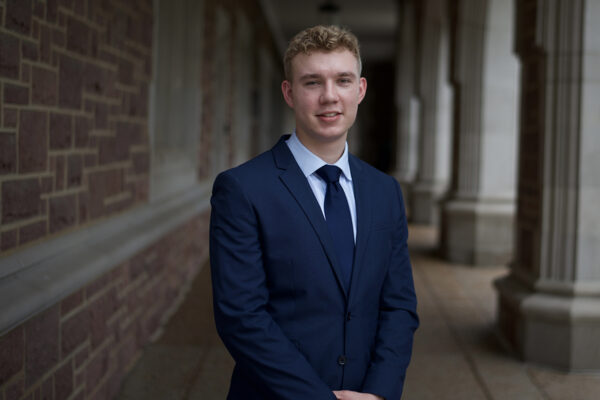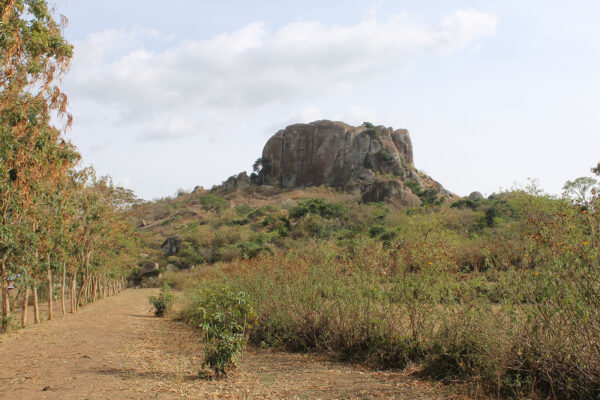Daily rhythms depend on receptor density in biological clock
Tweaking the numbers of receptors in a key brain area changes the daily rhythms of rest and wake in mice, according to research led by Daniel Granados-Fuentes in Arts & Sciences, published in the Proceedings of the National Academy of Sciences.
Chemists develop test to track crucial edits to RNA
A team of WashU chemists led by graduate student Alex Quillin in Arts & Sciences has developed a test that makes it possible to precisely track edits in cells, an advance that could lead to a new understanding of the origins of many illnesses.
High stress during pregnancy linked to elevated cortisol in toddlers’ hair, study finds
A study conducted by Theresa Gildner, an assistant professor of biological anthropology in Arts & Sciences, suggests that prenatal depression can having a lasting impact on the mother’s child, influencing how he or she responds to stress.
Cinema St. Louis highlights WashU student filmmakers
Seven films by WashU students will be featured in the 2024 St. Louis Filmmakers Showcase. Organized by Cinema St. Louis, the festival highlights work written, directed, edited and/or produced by St. Louis natives and by those with strong local ties.
A professor’s past life: Richard Chapman
In this video profile, produced by sophomore Sanchali Pothuru, veteran Hollywood producer Richard Chapman, now a senior lecturer in film and media studies in Arts & Sciences, discusses his career, how he broke into the business and the interplay of luck and hard work.
Tikhonov wins NSF CAREER award
Mikhail Tikhonov in Arts & Sciences has won a prestigious National Science Foundation award for a project that will apply the statistical approaches of physics to the complicated world of microbial ecology.
New study adds to mystery of Cahokia exodus
Natalie Mueller, an assistant professor of archaeology in Arts & Sciences, and alumna Caitlin Rankin dig into the Cahokia Mounds’ history to cast doubt on a popular theory about why the ancient city was abandoned.
Building ‘time-traveling’ quantum sensors
In a paper published in Physical Review Letters, physicist Kater Murch in Arts & Sciences demonstrates a new type of sensor that leverages quantum entanglement to make time-traveling detectors.
Vanyo awarded protein research training
Vincent Vanyo, a PhD student in plant and microbial biosciences in the Roy and Diana Vagelos Division of Biology & Biomedical Sciences at WashU, was selected to attend the Environmental Molecular Sciences Laboratory (EMSL)’s 2024 summer training on fungal protein research.
Archaeologists report earliest evidence for plant farming in east Africa
Natalie Mueller in Arts & Sciences excavated and identified a trove of ancient plant remains in Kenya that represents the largest and most extensively dated archaeobotanical record from east Africa.
View More Stories
